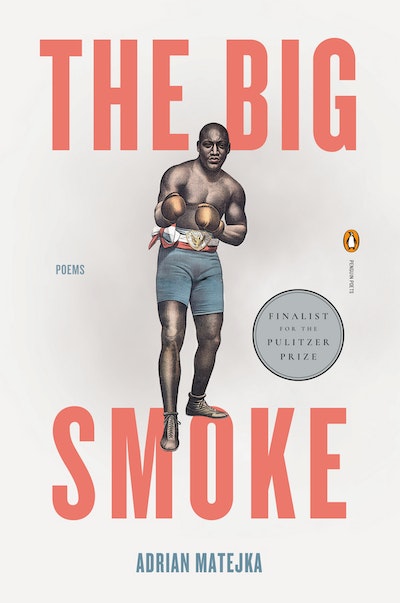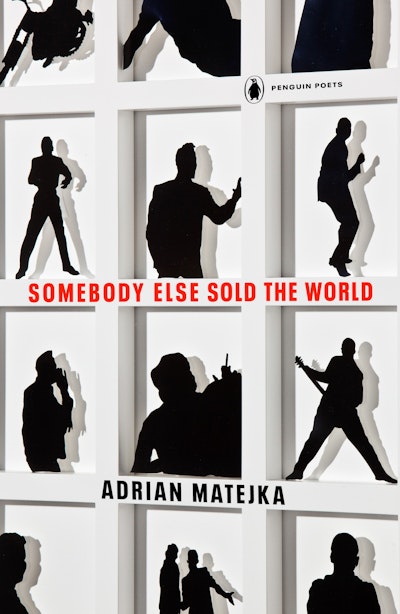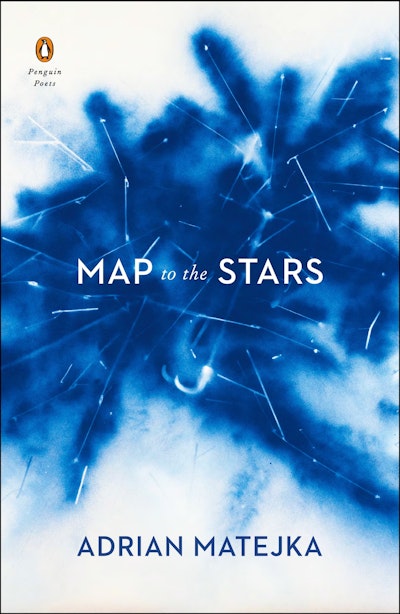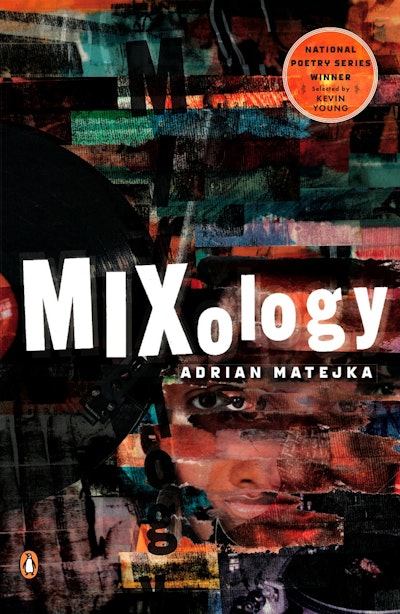A suite of poems examining the myth and history of the legendary prizefighter Jack Johnson—a finalist for both the Pulitzer Prize and the National Book Award—from the author, with Youssef Daoudi, of the graphic novel Last on His Feet: Jack Johnson and the Battle of the Century
The legendary Jack Johnson (1878–1946) was a true American creation. The child of emancipated slaves, he overcame the violent segregationism of Jim Crow, challenging white boxers—and white America—to become the first African-American heavyweight world champion. The Big Smoke, Adrian Matejka’s third work of poetry, follows the fighter’s journey from poverty to the most coveted title in sports through the multi-layered voices of Johnson and the white women he brazenly loved. Matejka’s book is part historic reclamation and part interrogation of Johnson’s complicated legacy, one that often misremembers the magnetic man behind the myth.





